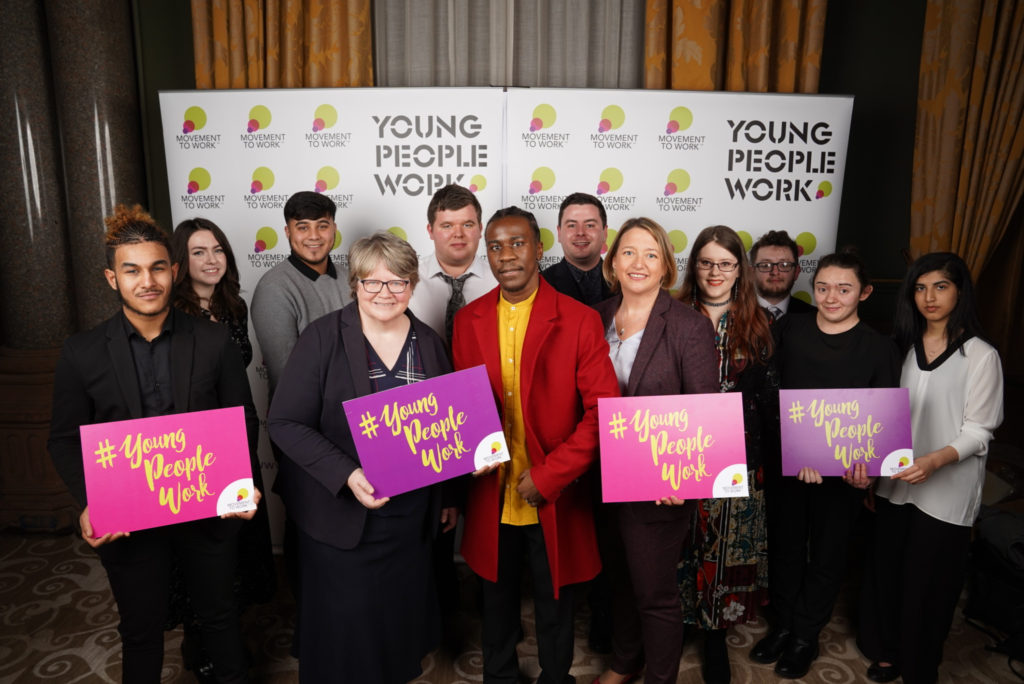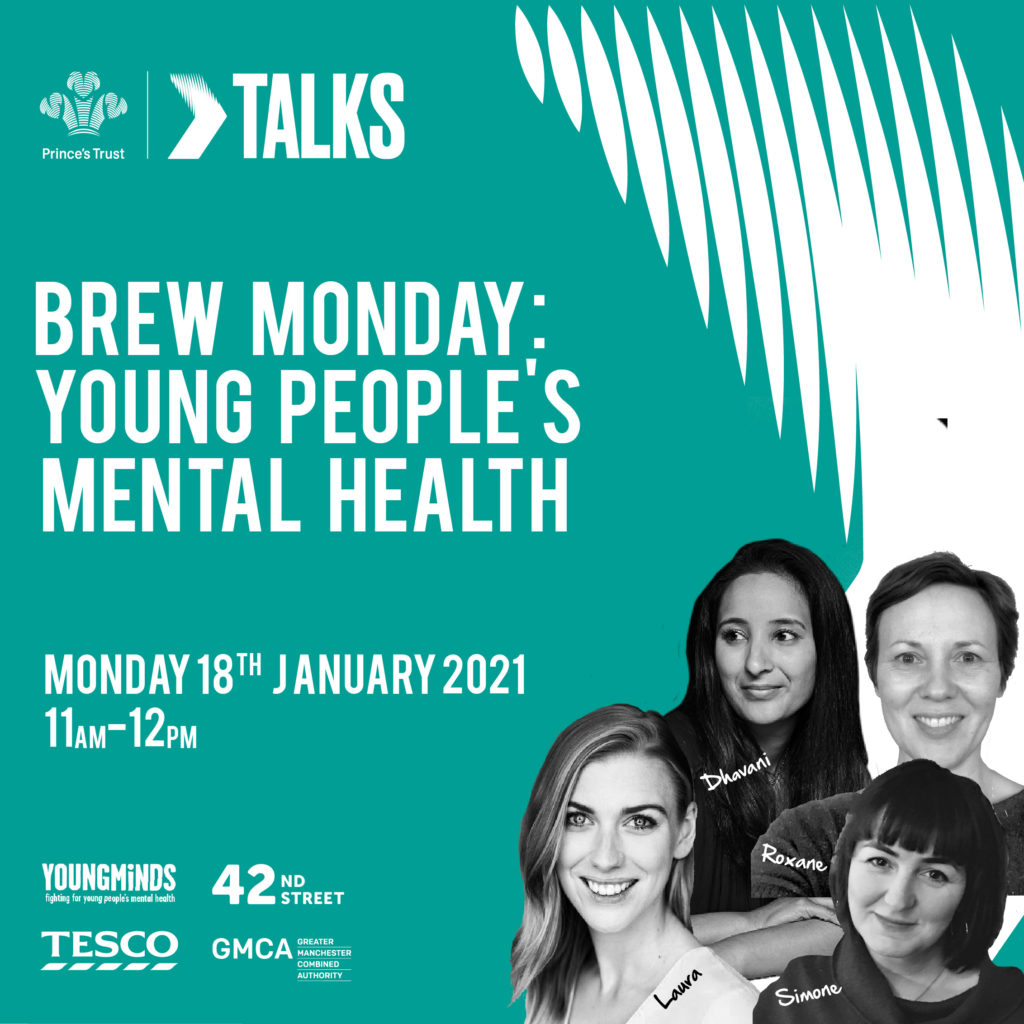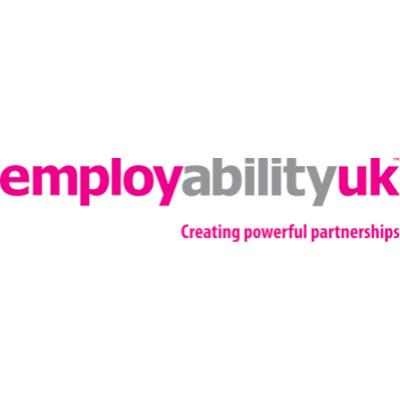
It’s been a strange year with many of us re-creating work environments at home, becoming home-school teachers and trying to appreciate what we have as opposed to what we miss. There’s much of 2020 that we’d likely rather put behind us, but what we cannot forget is the countless young people who have born the brunt of job losses, now suffer a distinct lack of opportunity, and have lost the ability to see a career trajectory they can be excited about.
As we approach year-end and finalise our business planning for 2021, I’m thinking not just of the targets of our objectives but also the how: Does our plan for 2021 strategically address future talent development nationwide? Are we helping to create truly supportive and inclusive environments and not just delivery/ output metrics?
Given the nature of what Movement to Work (MtW) is – a small but mighty core team that works through and with numerous partners for our delivery – as CEO I’ve been committed to looking at our own house as well as pushing agendas in others. I am passionate about developing a positive internal environment for my team (despite us all now working remotely!) that allows everyone to be the best they can be. If I don’t uphold that standard at MtW, how can we then do the critical job of supporting and challenging businesses to do more their side?
In 2021, Movement to Work (MtW) remains committed to working with employers to create brilliant opportunities for young people, and pushing government to create an environment that enables businesses to easily welcome those young people furthest from the labour market.
All too often in business, when we are planning we focus on new innovations, the next big thing, but I wonder if we think enough about nurturing what we already have and developing its potential? I was struck this year in conversations about ‘Powering the North’ which focused on attracting young people back from the South. However, even in the context of pre- COVID high levels of unemployment, I challenge us to think about nurturing the talent that already exists in the North. Imagine a young person who was disengaged at school due to instability at home – she doesn’t have GCSE maths but she may have strong finance skills having run the families budget from an early age. How do we challenge our recruitment processes to embrace the experience and the potential as opposed to closing the door based purely on letters on a sheet of paper? How do we shift hiring-culture to see the importance of nurturing what we have before us as opposed to striving for an ‘A* best’ candidate to simply pick up and run with? What needs to change in business to see the individual holistically rather than via how they perform on a test or what they bring to an awkward virtual interview? These are questions we’re holding.
Young people need opportunities, jobs, and careers to see the art of the possible, to have barriers broken down. As part of the UN Sustainable Development Goals (SDGs), there’s a focus on ‘levelling up’ and ensuring this is available for everyone – focusing on those furthest away from economic stability. As we approach a period of high unemployment and let’s not forget what Brexit might bring, we mustn’t forget our social commitment and SDG driven responsibility of levelling up. We need to dig deep and ensure we focus on continuing to support young people who face multiple barriers as our first priority. They are, of course, a vital part of the future of any nation and we should seek to pave a way that is solid and exciting – not uncertain and scary.
Working environments that enable us all to be the best we can be, that listen to our lived experiences and see your value as a human being, are the environments we should be creating at work and home (and working from home!). With this in I mind, I hope we take time between now and 2021 to consider what pledges we can make for the year ahead to allow young people to thrive despite the challenges we face.
Merry Christmas, Happy Holidays, and all the very best for 2021.
Sam
#YoungPeopleWork
Sam Olsen – Movement to Work CEO

Sam joined Movement to Work in February 2020, coming in as an experienced Whitehall senior civil servant where she held the position, Deputy Director for Social Work Reform within the Department for Education (DfE) driving two major workforce reforms. She also chaired the department’s disability group, championing inclusion and diversity across the department. She was previously Deputy Director of the Business Partnerships team in the Cabinet Office with oversight of private sector engagement across a range of Prime Ministerial priority policy areas.
Before that, Sam was Director of Strategy and Development at St Christopher’s Fellowship where she had lead responsibility for developing fundraising, marketing and communications strategies which would support the delivery of a sustainable future for the organisation. Previously, Sam spent 10 years working with Virgin Atlantic – highlights including the start-up of Virgin Nigeria whilst living in Lagos as the VAA Country Manager and developing a Multi-National Sales team.
She is a keen skier and a passionate supporter of her kids playing rugby, cricket and hockey. On weekends, Sam loves to cook for her friends and family.
Connect with Sam: LinkedIn














